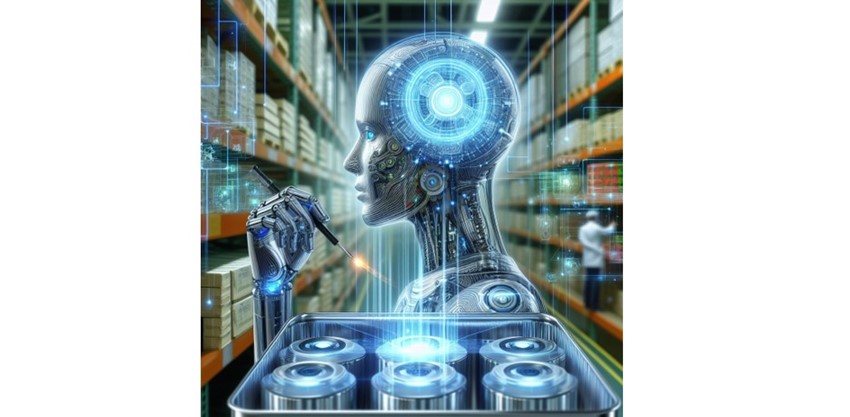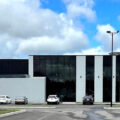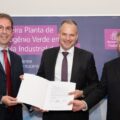The First Advanced Factories Barometer on Automation and Robotization in Spanish Industry reveals the need to automate and robotize factories, as well as to accelerate the process of decarbonization in the manufacture and reuse of packaging.
Decarbonization is one of the sector’s unfinished business that must be achieved by 2050 in order to meet the objectives of the European Green Pact. In this context, the Spanish industry must commit to strategies that allow them to manufacture in a more sustainable and efficient manner. A point at which green hydrogen can be instrumental in replacing fossil fuels and reducing greenhouse gases.
According to the Barometer, a survey of more than 27,000 managers and professionals attending Advanced Factories 2024, Spanish industry scores 6.5 out of 10 for the degree of industrial autonomy. This is explained by the initiatives promoted by Europe and Spain in recent years to reindustrialize the territory and achieve self-sufficiency in the manufacture of key assets such as microchips.
However, to achieve this reindustrialization while maintaining competitiveness levels, it is necessary to automate and robotize factories. The Spanish industry is making good progress in these two areas, although it is still necessary to bring these technologies closer to SMEs. In Spain, 30% of the robots installed are in the automotive sector, followed by the machine tool sector and the food and beverage industry, according to data from the AER (Spanish Robotics Association). However, the degree of implementation of robots in industrial SMEs is still far from the desired level. To this end, Advanced Factories and the AER have promoted the Robot Start PYME program, whose objective is for each de-robotized SME to incorporate its first piece of equipment.
Plant manager
However, for a successful integration of all these automation and robotization systems, it is necessary that the figure of the Plant Manager goes from being a mere plant manager to being part of the management committees, so that this digital transformation strategy is implemented in all areas of the organization.
According to those surveyed, Spanish industry needs to get its act together in terms of the application of Artificial Intelligence solutions in production processes. Currently, the United States, China and Japan are leading the way in the development of AI solutions. A technology that will mark a before and after in advanced manufacturing not only for its ability to simulate and predict failures in production, but also for transforming the way we interact with technology and language with generative AI and LLMs, opening up new possibilities and improving efficiency in all areas of a business, from manufacturing, to operations, distribution and sales.In short, Spanish industry in all its segments is in a moment of profound transformation, and we see it not only in the manufacturing industry with the incorporation of automation, robotics, AI and Industry 4.0 solutions in production plants. But also in the driving industries of the Spanish economy, such as the electrification process of the automotive sector, the industrialization of construction, innovation and the so-called ‘foodtech’ in food, or the transformation of the energy industry with the arrival of green hydrogen as a new alternative energy source. A paradigm shift driven by innovation and technology to achieve the goal of becoming more competitive, efficient and sustainable.















